Evolution
Evolution means change over time. It is the reason we have so many species on Earth. It happens when there is competition to survive (natural selection) and through differences within a species caused by inheritance and mutations.
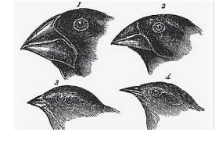
Inheritance
Inheritance is when something is passed on to the next generation. Offspring are not identical to their parents and some characteristics are inherited (passed on from parents to off–spring). Other
differences are new in offspring—these are called mutations.
Adaptation
Adaptation is the action of a living things changing to suit the environment. If a species is well adapted it will survive and pass on successful genes to offspring. However, being highly adapted to one specific environment can be detrimental to a species’ survival if there are sudden changes to that environment.
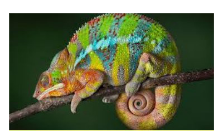
FOSSILS
Fossils are the remains of living things which inhabited the world millions of years ago. They are formed in sedimentary rock (sand, mud and pebbles squashed under layer, after layer over time) and plants/animals get trapped in these layers, revealing their shape.
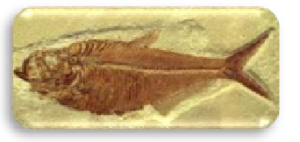
When palaeontologists compare fossils to animals from today, they can see similarities and identify relationships between them. Since evolution of a species happens over such long periods of time,
evidence is usually taken from fossils.
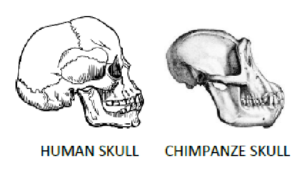
Focus Scientist
Charles Darwin (1809-1882) was an English scientist best known for his theory of evolution. He was a geologist who travelled across the world in 1831 on the HMS Beagle. He studied many animals and plants on his travels and came up with the idea of natural selection (the strongest survive and evolve). His book ‘On the Origin of Species’ was very controversial at the time because it went against the creation story in the Bible. His studied finches and tortoises living across the Galapagos islands.
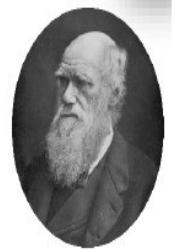
Mary Anning (1799–1847) lived in the seaside town of Lyme–Regis. She found ‘curiosities’ which she later found out were fossils. She made many incredible discoveries and important scientists asked her for advice but at the time she was not as recognised for her work as she should have been and others took credit for her work. She is remembered as one of the greatest fossil hunters ever.
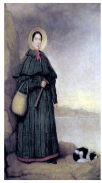
Key Vocabulary
evolution: the process of gradual change that takes place over many generations.
inheritance: the particular characteristics received from parents through genes.
genes: part of a cell in a living thing which controls its physical characteristics.
natural selection: the process by which species that are best adapted to their environment survive and reproduce, while less well adapted species die out.
species: plants or animals which have the same characteristics and are able to produce offspring.
mutation: permanent changes in genes which pass on to future offspring.
adaptation: the process of change by which an organism or species becomes better suited to its environment.
characteristics: distinguishing qualities, traits or features of a living thing.
variation: differences between cells, individual organisms, or groups of organisms of any species caused either by genetic differences or by the effect of environmental factors.
palaeontology: the branch of science concerned with fossil animals and plants.
pre–historic: relating to the period before written records.
extinct: a species that is no longer existing
